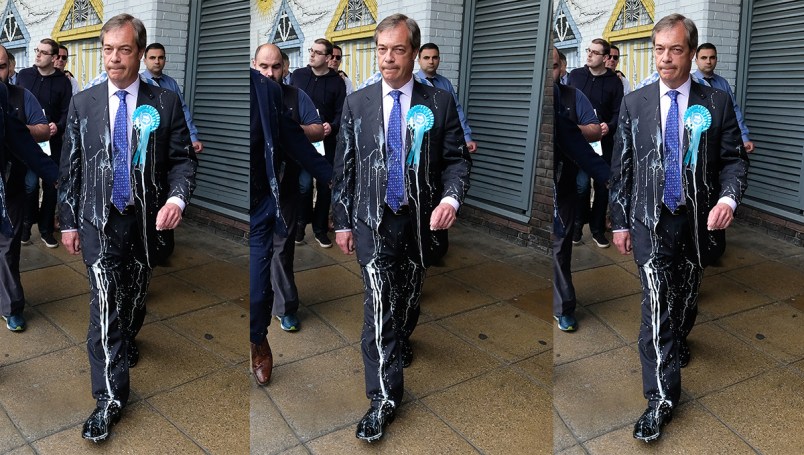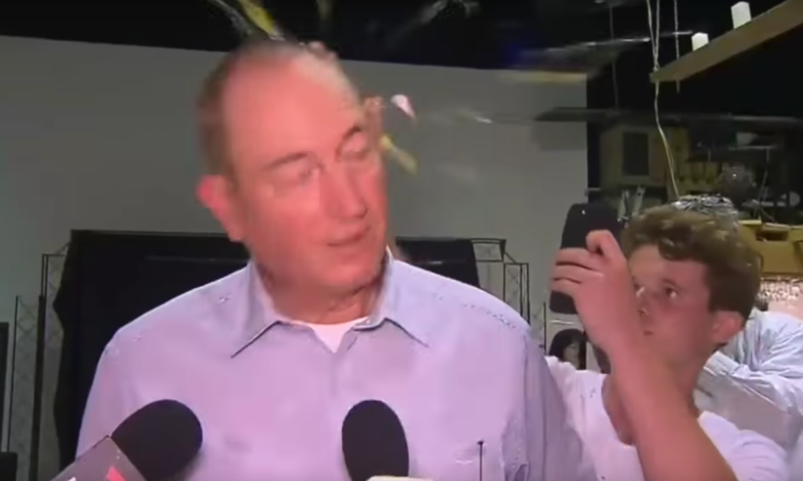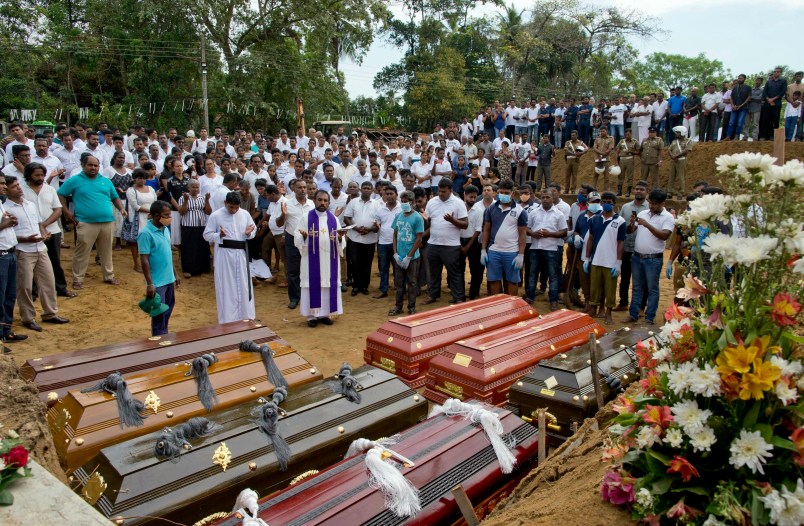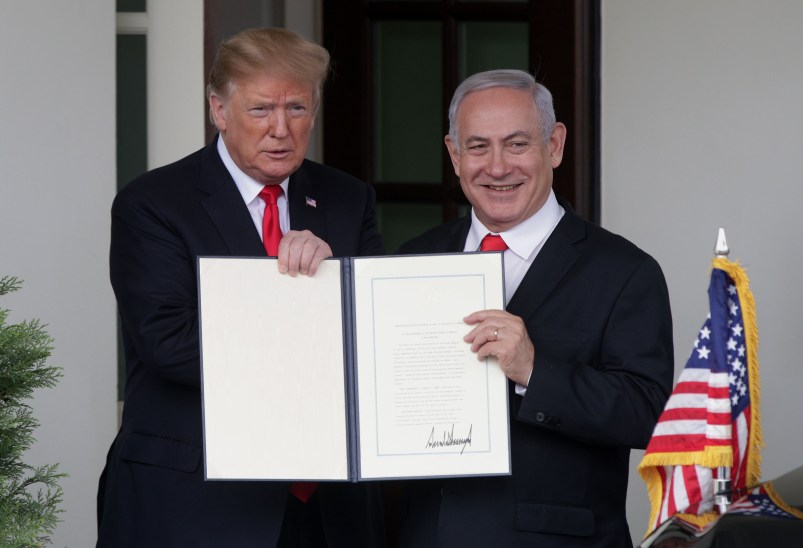MOSCOW (AP) — Russia’s top diplomat on Thursday described the British accusations against Moscow over the nerve agent poisoning of an ex-spy as a mockery of international law and said Russia will push to find out the truth.
Britain has blamed Russia for the March 4 poisoning of Sergei Skripal and his daughter. In response, more than two dozen Western allies including Britain, the U.S. and NATO have ordered out over 150 Russian diplomats in a show of solidarity. Moscow has fiercely denied its involvement in the nerve agent attack and expelled an equal number of envoys. The diplomatic turmoil has hit lows unseen even at the height of the Cold War.
Russian Foreign Minister Sergey Lavrov insisted that the poisoning case was fabricated by Britain to “demonize” Russia.
“The so-called Skripal case has been used as a fictitious, orchestrated pretext for the unfounded massive expulsions of Russian diplomats not only from the U.S. and Britain but also from a number of other countries who simply had their arms twisted,” Lavrov said at a conference in Moscow. “We have never seen such an open mockery of the international law, diplomatic ethics and elementary decorum.”
Early Thursday, three buses believed to be carrying expelled American diplomats departed from the U.S. Embassy in Moscow.
Before the morning departure, journalists outside the embassy compound saw people leaving the residences, placing their luggage on trucks. Some toted pet carriers.
Russia last week ordered 60 American diplomats to leave the country by Thursday in retaliation for the United States expelling the same number of Russians.
Lavrov noted that Russia will respond in kind to any further hostile moves, but added that “we also want to establish the truth.”
He sarcastically likened the British accusations to the queen from Alice in Wonderland urging “sentence first — verdict afterward.”
On Wednesday, Russia called a meeting of the international chemical weapons watchdog to demand a joint investigation with Britain into the poisoning — the demand that London has rejected.
The Hague-based Organization for the Prohibition of Chemical Weapons (OPCW) voted against the Russian proposal, but Moscow said the number of countries that abstained from the vote suggested many have doubts about Britain’s accusations.
“It’s unacceptable to make unfounded accusations instead of conducting a fair investigation and providing concrete facts,” Lavrov said. “Yesterday’s debate in The Hague showed that self-respecting adults don’t believe in fairy tales.”
British Foreign Secretary Boris Johnson said Wednesday that “the purpose of Russia’s ludicrous proposal at The Hague was clear — to undermine the independent, impartial work of the international chemical weapons watchdog.”
The chief of Britain’s defense research lab, the Porton Down laboratory, acknowledged Tuesday it has not been able to pinpoint the precise source of the nerve agent.
Gary Aitkenhead said scientists there identified the substance used on Sergei and Yulia Skripal as a Soviet-developed nerve agent known as Novichok. But he added “it’s not our job to say where that was actually manufactured.”
The British government says it relied on a combination of scientific analysis and other intelligence to conclude that the nerve agent came from Russia, but the Foreign Office on Wednesday deleted a tweet from last month that said Porton Down scientists had identified the substance as “made in Russia.”
Russian President Vladimir Putin’s envoy for cyber security, Alexander Krutskikh, mocked the contradictory statements, saying Thursday that “the latest developments around the Skripal case indicate the days of this British Cabinet are numbered.”
Moscow has called a meeting of the U.N. Security Council to press its case.






